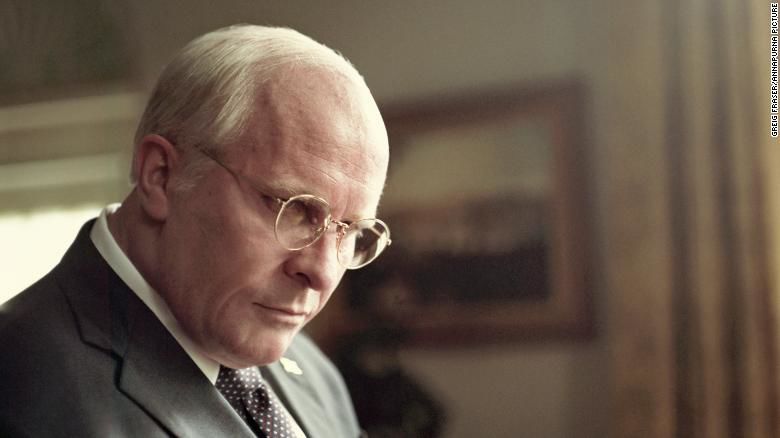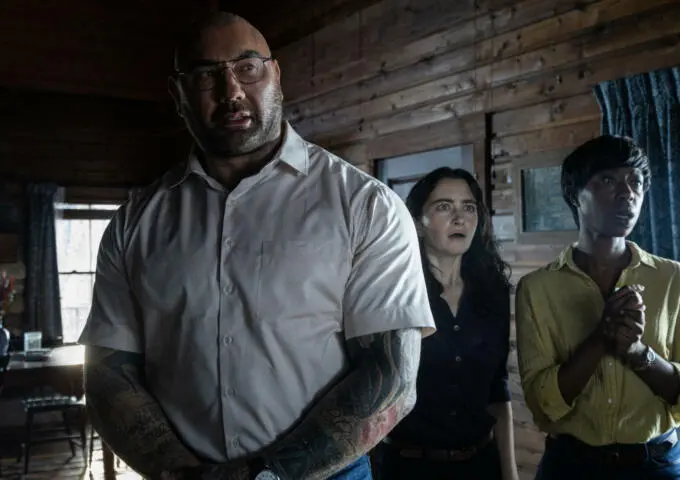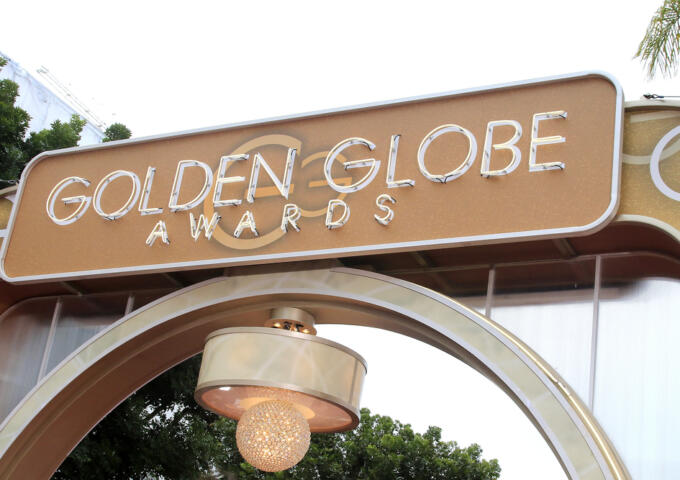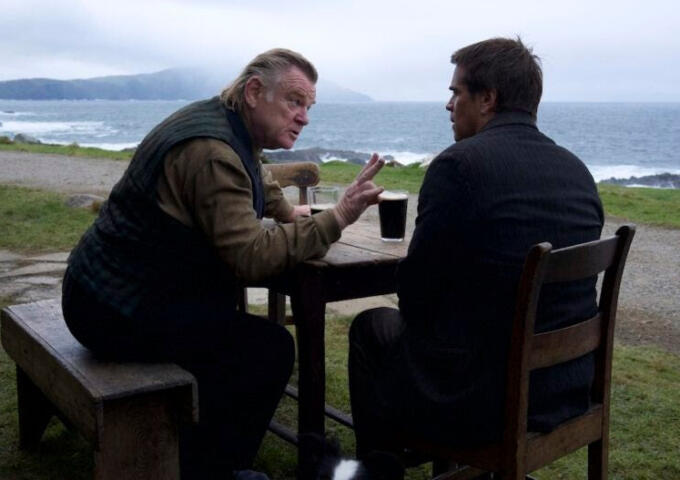Vice director, Adam McKay takes a highly unconventional look at the life of former Vice President Dick Cheney.
The film, which McKay wrote and directed, finds the filmmaker embracing his inner Oliver Stone, combining an angry retelling of the facts of the ex-veep’s life and career with audacious, wildly over-the-top filmmaking touches.
It’s a similar tone to McKay’s outstanding 2015 movie adaptation of Michael Lewis’ financial-crisis book The Big Short, which combined grave, real-life considerations with an often darkly comic tone, including various fourth wall-breaking flourishes, like Margot Robbie sitting in a bathtub as she explained how collateralized debt obligations work. Ostensibly, Vice is The Big Short on steroids. It’s weirder, and takes a lot more swings, but still has a fair amount of misses by virtue of leaving disconnected parts.
This has made the film wildly divisive, with early critical chatter, mostly negative, even from critics sympathetic to the film’s politics. Despite a Best Actor win from my group, the Philadelphia Film Critics Circle and earning the most Golden Globe nominations than any other movie this year, Vice has mostly been shut out from critics group awards.
Vice, not based on any book in particular, follows Cheney from his high school days through shortly after he left office as vice president. Method actor Christian Bale, after weight gain and facial prosthetics, plays Cheney, while Amy Adams takes on the role of his wife, Lynne.
We follow him through his service in the Ford Administration, under mentor Donald Rumsfeld (Steve Carell), through George W.H. Bush presidency, his time with Halliburton, and eventually the various 9/11/Iraq/torture-related woes of Cheney’s vice presidency.
__
“About 50 percent of the movie is Republican political figures in rooms together plotting. In these scenes, they don’t really sound anything like actual conservatives, but more like cynical liberal notions of how conservatives talk.”
__
I’ll give Vice credit for a few things. It has two outstanding performances at its core in Bale and Adams, who are both totally convincing, despite heavy makeup. Sam Rockwell finds a unique and successful way of playing George W. Bush, and I appreciate McKay resisting the temptation to stick his longtime crony Will Ferrell back in the Dubya role.
I was thoroughly entertained by the film the entire time I was watching it, and anyone who lived through that period will appreciate being reminded of some of the more absurd things they may have forgotten. Like the time when Cheney accidentally shot a hunting buddy in the face, and the buddy apologized to him. Not that there’s much competition, but Vice is pretty clearly the best movie ever made about the Bush White House.
I also appreciate that McKay avoided doing two things that this sort of movie always does: The film neither tries to make Cheney’s story a microcosm of America itself nor does it ever attribute his entire life and career to mommy or daddy issues. In fact, we never even meet Cheney’s parents.
However… there’s a whole lot here that goes wrong. And most of that is wrapped up in the weird storytelling touches. One device, with Jesse Plemons as a mysterious narrator, doesn’t quite work, and leads to a payoff that’s not particularly worthwhile. There are multiple false endings, with the last one especially bad, and a whole lot of dialogue that is extremely didactic and on-the-nose, with The overall film showing way more Michael Moore influence than it probably should.
Speaking of dialogue, about 50 percent of the movie is Republican political figures in rooms together plotting. In these scenes, they don’t really sound anything like actual conservatives, but more like cynical liberal notions of how conservatives talk.
Vice also fudges various things. I don’t know if it’s been clearly established that Cheney personally ordered the Valerie Plame leak. The Islamic State was founded years after Bush and Cheney left office, and not by Abu Musab al-Zarqawi.
There’s also the matter of Steve Carell as Donald Rumsfeld. The part is wonderfully written, and Carell looks exactly like Rumsfeld, but he sounds nothing like him, and much more like, well, Steve Carell. This is clear the first time we hear his voice over a speakerphone on the morning of the 9/11 attacks — and it’s a huge distraction.
McKay, a Philadelphia native who will receive the Lumiere Award from the Philadelphia Film Society this week, is a comedy guy, a Saturday Night Live vet who’s spent the last several years as Ferrell’s writing and production partner. Before his turn to prestige, he directed both Anchorman movies and Talladega Nights.
McKay’s next scheduled film is Bad Blood, which will adapt the John Carreyrou standout chronicle of the Theranos scandal.
McKay might have been better served here by doing a straight book adaptation, with Vice. But flawed as it is, it deserves praise for taking a sledgehammer to the Trump-era revisionist history about how the Bush/Cheney years were relatively normal and not that bad. Even before his dad died, there was a huge push in the last year or so to treat George W. Bush, in particular, like a cuddly, grandpa type. He was even recently awarded the Liberty Medal at the Constitution Center, before heading over to the Linc for a ten-minute nationally televised tongue bath on Sunday Night Football. Vice, if it does nothing else, will hopefully help stop that in its tracks.
TWITTER: @STEPHENSILVER




